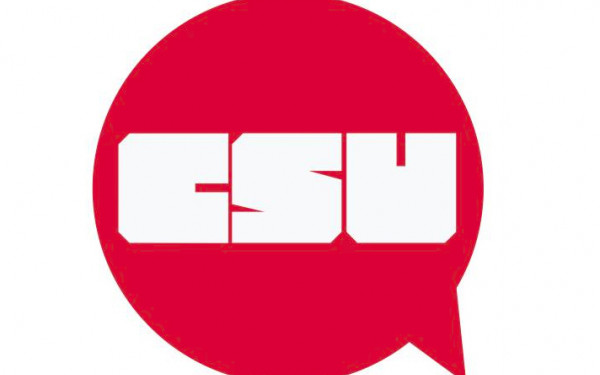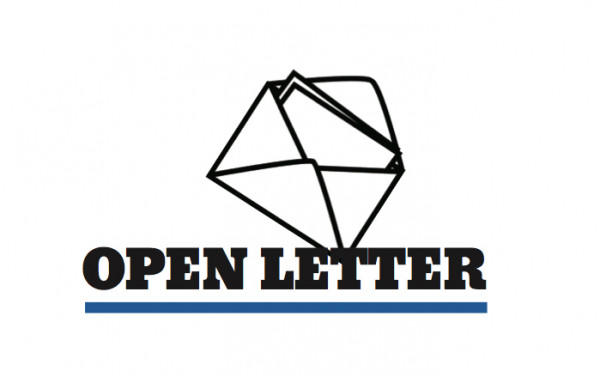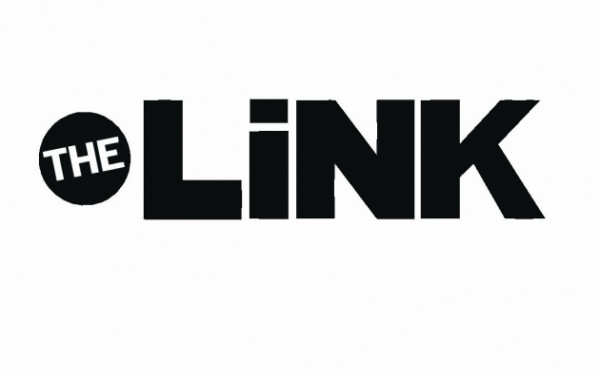Educate Yourself: BDS Week Is Coming to Concordia
Pro-BDS Group Raises Awareness About Controversial Movement
The one-year anniversary of Concordia’s Boycott, Divestment and Sanctions (BDS) referendum is swiftly approaching. Of 2,500 students who voted, 1,276 cast their ballots in 2014 in support of the Concordia Student Union’s endorsement of the contentious movement.
Solidarity For Palestinian Human Rights (SPHR) introduced the BDS initiative to the university. The group won numerous awards in the 2014-2015 year, including Best Overall Club, Best New Initiative and Best Humanitarian Club.
“The goal here is that it’s a peaceful and non-violent way of resisting the occupation,” said Rami Yahia, who has been a member of SPHR for a year and a half and was an active member of the group during last year’s BDS campaign.
Inaugural BDS Week
This is the first time in Concordia history that a student body has organized a week of events specifically dealing with BDS.
The group has planned five days of presentations, all geared towards informing students of the increasingly volatile situation in Israel and Palestine. They will be taking place between Oct. 26 and 30.
“We really hope there’s a high turnout to our events. I just want to put a lot of emphasis of the fact that this is a great initiative, supported by the CSU, supported by many organizations around Montreal,” Yahia said.
Keynote speakers include journalists who have covered the conflict, a human rights attorney and indigenous documentary filmmaker Clifton Nicholas.
There is also a concert planned for Oct. 27, and Palestinian food was served at the People’s Potato on Monday as a means of “culturally resisting.”
“The reason why we organized this BDS week is to talk about BDS,” Yahia said.
“Anyone who has an open mind, whether they agree with the movement or not, they are more than welcome to come and attend these talks.”
The events are free of charge in order to maintain maximum accessibility for all students, he continued.
“We have so much support,” he said. “This is a [huge] test, and we cannot wait to spread it all over the world.”
Reporting in Hell
Dan Cohen, a reporter for the news website Mondoweiss, is set to speak at Concordia on Oct. 29. He has been reporting on the conflict since February 2014 and spent three weeks in Gaza during last summer’s war.
“I don’t think [BDS] is going to solve everything, but it is a tactic. And it’s a tactic that we, abroad, can use,” Cohen said.
He described it as an important tool, but maintained that, on its own, it won’t be able to end the conflict.
“I think these movements on campus are really important. Universities have historically been at the frontline of social justice movements, so I think they play a really important role,” he said.
Cohen explained how he was raised to believe that being a good Jew meant supporting Israel. However, he gained a different insight on the issue as he became critical of U.S foreign policy.
“To be honest with myself, I had to take the same approach to Israel. As I broke it down, I started to see what was really happening here,” he said.
After his arrival in Gaza during a five-day ceasefire in August 2014, Cohen gathered testimonials from survivors who had fled their homes during Israel’s bombing campaign.
“They came back and found their homes were destroyed,” he said. “Many of them dug family members out of the rubble.”
On the final night of the war, he witnessed the bombing of three “landmark Gaza towers,” all of which were meant for residential and commercial use, according to Cohen.
The attacks on the towers were “favourably compared” to 9/11 by a retired Israeli general at a military conference that Cohen attended three months ago.
He spoke about the existence of an Israeli military document called the Dahiya Doctrine that condones the use of excessive force.
“The whole idea of the Dahiya Doctrine is that they’ll use disproportionate force with the idea of turning the civilian population against resistance, which of course backfires and has massive civilian tolls,” Cohen explained.
The best way to understand Gaza is in the way that Israelis describe it, he said.
“They often tell me ‘Go to Gaza,’ which is their way of saying ‘Go to hell.’”
“They often tell me ‘Go to Gaza,’ which is their way of saying ‘Go to hell.’” — Dan Cohen, journalist
Jewish Groups on Campus Weigh In
Lauren Luz, president of the Concordia chapter of Israel on Campus (IOC), does not believe that last year’s “Yes” vote to BDS was representative of the student body.
“It says a lot about our students at the end of the day, because 2,500 students voted, and I think there’s about 35,000 undergraduates,” she said.
Lack of a strong voter turnout and general disinterest in student politics is what led to the CSU’s endorsement of BDS, according to Luz.
IOC does not have any of their own events planned for the week. They wouldn’t be “useful,” she said.
“The CSU represents all students, and that’s in their mandate. The CSU should, in my opinion, be fostering dialogue,” Luz explained.
What happens in Concordia will have “zero” effect on policy in the Middle East, she continued.
“The money I pay to the student union should go towards fostering dialogue, to bringing together the two groups; not even to talk politics, just to learn about each other,” Luz said. “That’s what peace is.”
She spoke about schools across Israel that bring Israeli and Palestinian children together in order to create an atmosphere of togetherness rather than one of division.
“From a young age, they’re going to see each other as classmates,” she said. “And that’s peace. When you see the other, and you don’t see them as an enemy.”

3_900_615_90.jpg)
1_900_604_90.jpg)
2_900_620_90.jpg)
_600_832_s.png)



